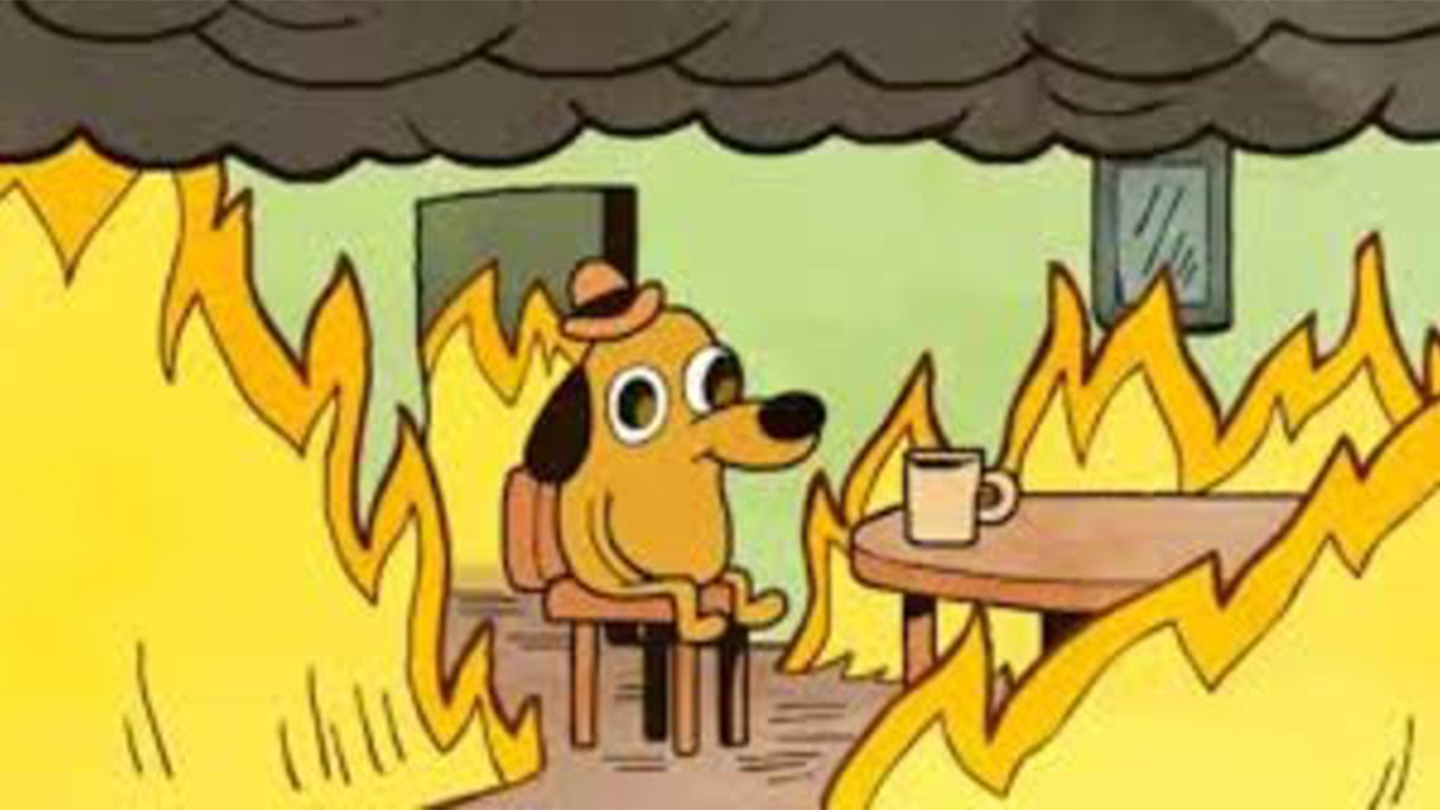With the coronavirus pandemic still raging and the priority of healthcare focused on reducing the spread of infection, we are still yet to reckon with the mental health impact of coronavirus, which will undoubtedly reverberate for years to come. But newly released research from the CDC does indicate that, unfortunately, the mental health burden of the pandemic already appears to be disproportionately affecting Gen Z, whose lives have been transformed and put on hold in the past year.
In a study carried out by the Centers for Disease Control and Prevention, researchers found that 63% of 18 to 24 year olds in the US reported experiencing anxiety and depression, with a quarter of young adults resorting to increased substance use to deal with stress. The same number (25%), even reported that they’d considered suicide in the past thirty days.
In the notes for the study, carried out in the summer of last year, when infection rates dropped and socialising was more viable, researchers advocated community level public health efforts to help those disproportionately suffering mentally due to the pandemic. Those in the at risk groups were identified as essential workers, unpaid adult caregivers, racial and ethnic minorities and younger adults. “Mental health conditions”, it concluded, “are disproportionately affecting specific populations, especially young adults, Hispanic persons, Black persons, essential workers, unpaid caregivers for adults, and those receiving treatment for preexisting psychiatric conditions.”
And now, almost a year on from the beginning of that study, the picture isn’t looking much brighter. In fact, in a report from ABC news on the pandemic fallout for youth mental health, experts estimated that in the US alone, almost two-thirds of young adults are suffering from symptoms of anxiety, depression or other psychological problems. Speaking to Dr Shekhar Saxena of The Harvard School of Public Health, ABC reports that even post-COVID, around 10% of those young adults will have long-lasting mental health issues.
Attributing the situation to a “perfect storm” of job losses, income uncertainty, isolation, the loss of education and the general atmosphere of anxiety and loss, ABC reports that the timing of the pandemic for Gen Z has been particularly hard to deal with, particularly for lower income students and students of colour. Dr. Sarah Lipson, an Assistant Professor in the Department of Health Law Policy and Management at the Boston University School of Public Health and co-principal investigator of the Healthy Minds Network study (which found that 80% of college students reported that COVID-19 had negatively impacted their mental health), said the lack of change and connection in our current times can have a devastating effect on us.
“For the people between the ages of 21 and 25, this is a time of expansion in their life, with new connections and new things,” she said. “That is all being halted. I think this is a hard time for parts of life to stand still when there is normally just this fast-paced developmental time where so much is happening socially and professionally.”
Even with the cautious optimism that comes with the vaccine rollout and the development of new treatments for COVID-19, it’s important that we don’t forget mental health, and that a focus going forward is looking after ourselves mentally as well as physically. If you’re a young person struggling with anxiety, depression or other mental health issues as a result of lockdown and the pandemic, you can find support and resources in the UK at Young Minds, Samaritans and Mind, among others. Talk to each other, talk to trusted guardians or health professionals. Remember that we are living through extreme circumstances, and it’s okay not to be okay.


